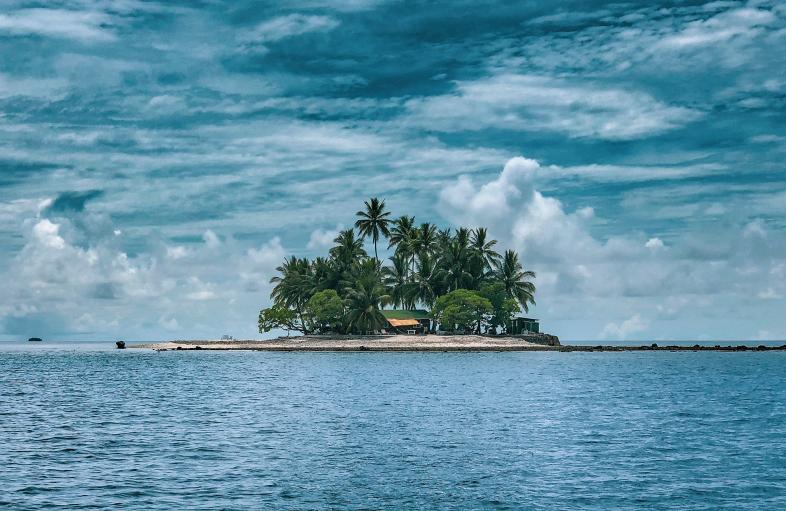Deadline: March 3, 2020
Applications are open for the EJN Reporting on Critical Environmental Issues in the Pacific Region 2020. Internews’ Earth Journalism Network (EJN) is offering grants to at least 7 journalists based in the Pacific Islands to report on critical issues related to climate change, biodiversity, pollution, and the illegal wildlife trade.
The grants will support the production of in-depth or investigative stories focused on improving access to quality information and highlighting responses to environmental challenges.
Overview
The Pacific Islands are among the places most threatened by climate change, rising sea levels and other environmental problems. But the life they support benefits the planet, making the protection of the resources and people in the region a matter of extreme urgency.
While each island is unique, residents in the Pacific depend entirely on the sea and increasingly limited land masses for survival – and many fear the loss of the endemic flora and fauna that are a source of cultural and economic richness.
EJN’s Asia-Pacific project aims to overcome these barriers by providing grants and mentorship to individual journalists to report on climate and environmental change and natural resource management.
Story Themes
They are seeking in-depth or investigative stories that focus on climate, biodiversity and environmental change or natural resource management in any country or countries within the Pacific region, with a particular emphasis on how women and other vulnerable groups (including youth, indigenous people, ethnic minorities, people with disabilities) are impacted by these changes.
Ideas should consider but not be limited to questions such as:
- Are environmental policies or strategies in place to protect the lives of people in the Pacific?
- How are early-warning systems and disaster mitigation being adapted to account for climate change and increasingly severe weather?
- Do extractive industries and infrastructure development supported by China’s Belt and Road Initiative (BRI) consider the environment?
- What is being done to balance economic growth driven by logging, mining, fishing and other resource-dependent industries with protections for land and marine biodiversity?
- How are people who have migrated to avoid climate change’s effects – particularly fishing communities – adjusting? What do their lives look like?
Grants
- Selected journalists will receive an average of US$1,500 in funding to cover travel and field reporting costs.
- Stories that are particularly innovative or investigative approaches that are more costly to produce may be eligible for additional funding.
Eligibility
Grants are open to early- or mid-career journalists:
- Working for international, national, local or community-based media.
- Producing stories for digital, print, television or radio as well as other expert media practitioners reporting for a media-focused organization.
- With a track record of reporting on climate change, natural resource management or other environmental issues.
- Stories can be produced in English or local languages. Applicants who intend to write or produce stories in the local language should also include a translation of the headline and a short summary in English for publication by EJN. Please include the cost for translation in the budget, if necessary.
- For the purposes of this grant call, they are accepting applications from countries in the Pacific Islands, but not Australia or New Zealand.
Judging Criteria
Applicants should consider the following points when devising their story proposals:
- Timing: They expect the proposed story or stories to be published within three months of the application deadline, or no later than June 15, 2020.
- Relevance: Does the proposal meet the criteria and objectives of this call? Why does this story matter and to whom? Is the main idea, context and overall value to the target audience clearly defined?
- Angle: If the story has been covered by mainstream media, does your proposal bring new insights into the topic or offer a fresh angle?
- Impact: Does the proposal have a compelling narrative or investigative element that will inform and engage, draw attention, trigger debate and urge action?
- Innovative storytelling: The use of creative approaches and data visualization will be considered a plus.
- Feasibility: Can the story be realistically completed within the target time frame? Is the budget realistic?
- Diversity: They will take gender and geographical distribution into account when selecting the grantees in addition to the criteria above.
Application
For more information, visit EJN.

